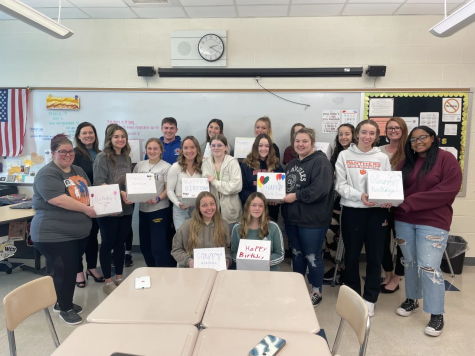Plastic becomes a problem, yet again
2020 was beginning to look like a good year where plastic use would reduce drastically, but the Coronavirus has taken it on a completely different route.
Photo by San Juan County Marine Resources Committee
Keep in mind the many ways you can reduce your wast during this global pandemic.
September 8, 2020
Plastic use has been slowly recognized to be a big problem since the 1960s. Using plastic has brought numerous amounts of environmental issues, like pollution in the oceans for example. This year many experts believed 2020 was the year that plastic would be even more out of the picture. In fact, at the beginning of Jan., France banned single-use plastic plates, cups, and silverware. Even New York, among many other states, banned plastic bags from being used by retailers.
Fortunately not only have states made an effort to reduce plastic, but many big companies have also made efforts to reduce plastic, including Coca-Cola.
According to the U.S. Chamber of Commerce Foundation, “The company launched its World Without Waste campaign to reach an industry-first goal to collect and recycle the equivalent of every bottle or can it sells globally by 2030.”
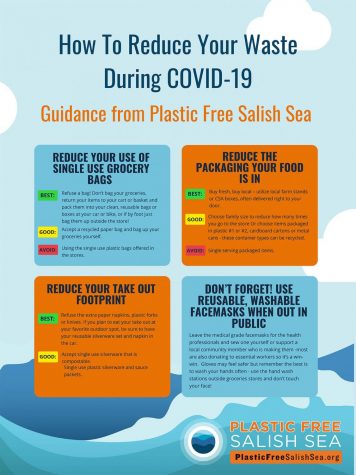
Photo by San Juan County Marine Resources Committee.
Unfortunately, the Coronavirus had stopped the use of reusable cups at places like Starbucks and gas stations around the United States. Coronavirus has worsened the ocean plastic pollution problem. “The world now produces over 380 tonnes of plastic each year, which could end up as pollutants,” states Our World in Data. Furthermore, according to the American Chemical Society (ACS), “COVID-19 triggered an estimated global use of 129 billion face masks and 65 billion gloves every month.” Many sea animals can mistaken gloves or face masks as food or another sea creature.
As stated by the japan times, “Judith Enck, a former regional administrator for the Environmental Protection Agency, was disappointed. Public health comes first, of course, but as the founder of the grassroots Beyond Plastics project, Enck had her doubts that returning to disposable cups would make anyone safer.” The issue is, without these plastic companies such as Plastics Industry Association and the American Chemistry Council (ACC), medical facilities wouldn’t have disposable gloves, syringes, IV tubes, etc. Those items were in very high demand due to the virus.
There are ways to reduce the use of plastic and change the materials made to make water bottles and shrink wrap. For example, glass or aluminum, but it would take “five times as much energy to manufacture,” stated by Franklin Associates in 2018. It has just been a force of habit to continue to use plastic since it is durable and has been reliable for decades.

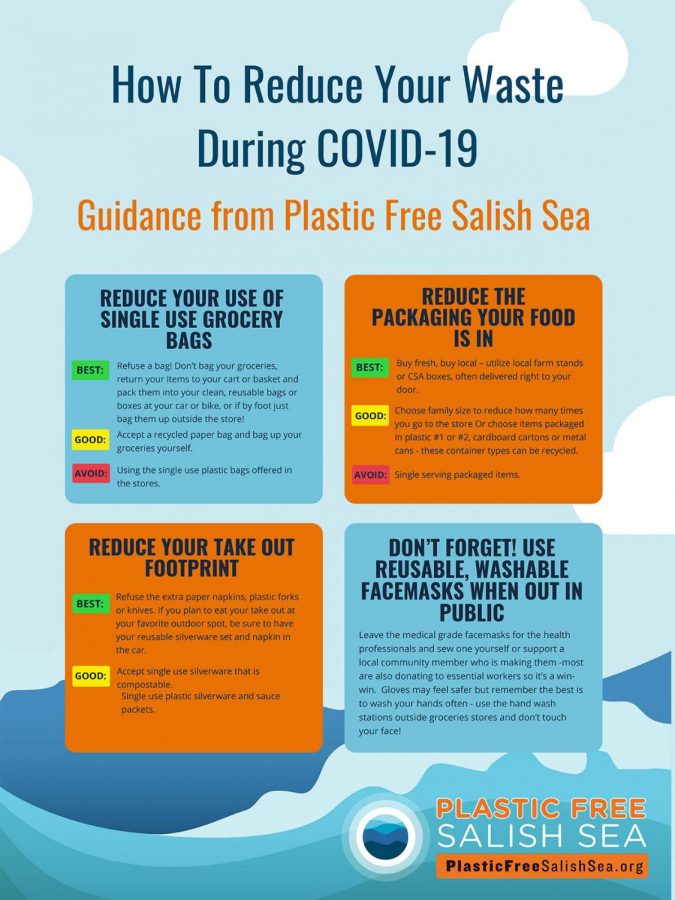

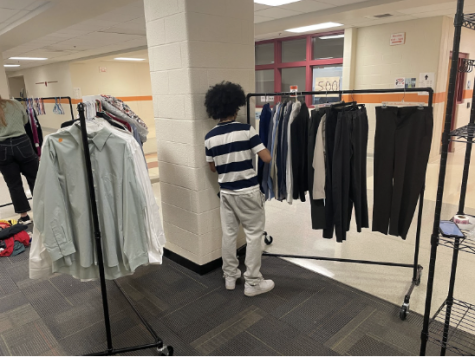
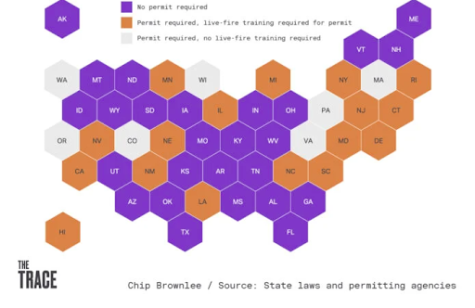

![“She [Walker] was the biggest advocate for any student,” said Basile.](https://mundismillmedia.com/wp-content/uploads/2023/05/Colorful-Watercolor-Note-Paper-with-Brush-Stroke-A4-Document-336x475.png)

